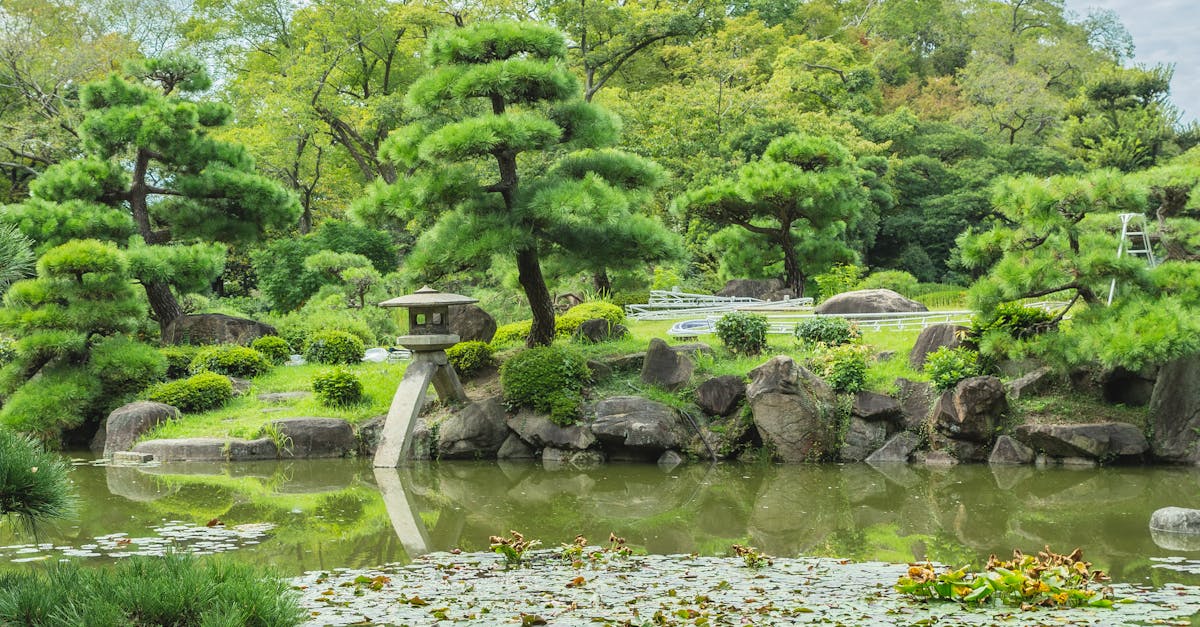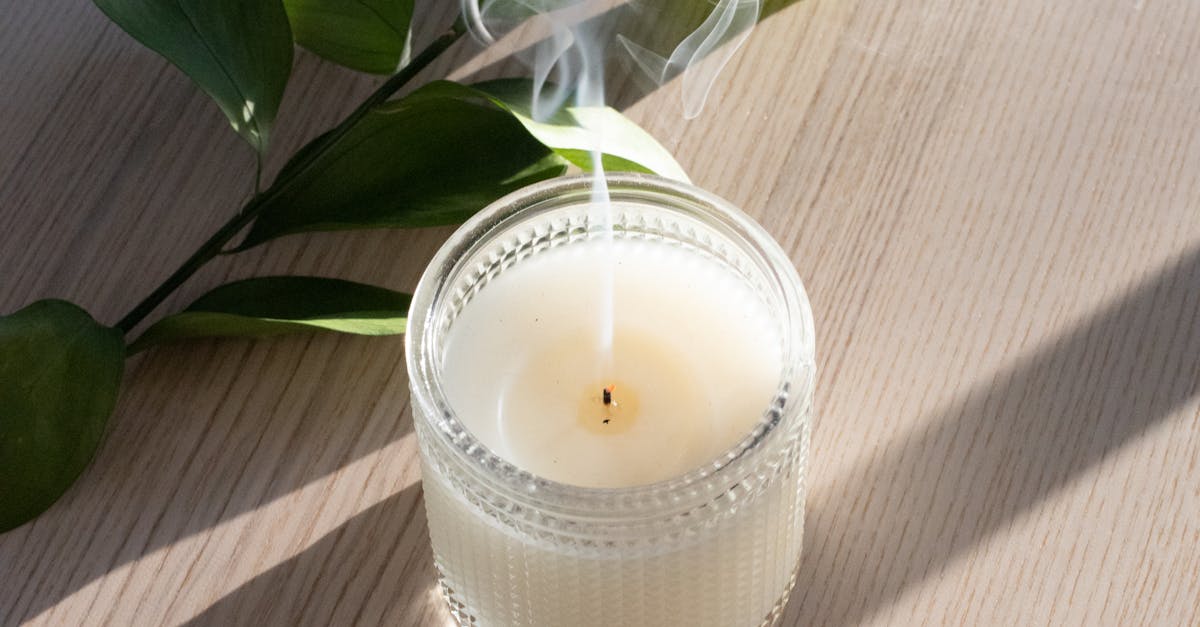A Guide to Nurturing and Propagating Air Plant Pups

Puppy Love: Air Plant Pups and the Joy of Propagation
Air plants are captivating creatures, and witnessing the birth and growth of their pups is a truly rewarding experience. This comprehensive guide will walk you through the art of propagation, nurturing young pups, and troubleshooting common issues, ensuring that you can provide your furry little friends with the best possible care and watch them thrive.
As you embark on this journey, remember that propagation is not just about creating more air plants; it’s about being a part of the beautiful cycle of life, nurturing new beginnings, and sharing the joy of nature with others. With patience and dedication, you can create a thriving air plant family that will bring beauty and serenity to your home for years to come.
1. The Art of Propagation: Welcoming New Air Plant Pups
The Art of Propagation: Welcoming New Air Plant Pups
Propagating air plants is a fascinating and rewarding endeavor that allows you to expand your plant family and share the joy of these unique plants with others. Here’s a step-by-step guide to help you successfully propagate air plant pups:
-
Identify Pups: Air plant pups are small plantlets that grow from the base of the mother plant. They are typically a lighter color and have a less developed root system than the mature plant. Once the pups have developed their own roots, they are ready to be separated from the mother plant.
-
Gently Remove Pups: Using clean shears or a sharp knife, carefully cut the pup away from the mother plant, ensuring that it has a few roots of its own. Avoid pulling or tugging, as this can damage the delicate roots.
-
Allow Pups to Callus: After separating the pups, allow them to callous over for a few days in a warm, dry place. This will help prevent rot and disease.
2. A Haven for Pups: Understanding Air Plant Pup Needs

A Haven for Pups: Understanding Air Plant Pup Needs
Just like human babies, air plant pups have specific environmental needs to thrive. Providing the right conditions will ensure their healthy growth and development.
Light: Air plant pups prefer bright, indirect light. Avoid placing them in direct sunlight, as this can scorch their delicate leaves. A spot near a north- or east-facing window is ideal.
Water: Water your air plant pups regularly, but avoid overwatering. Allow the soil to dry out completely between waterings. You can mist your pups daily or soak them in water for 15-20 minutes once a week. Ensure you shake off any excess water after soaking to prevent rot.
Humidity: Air plant pups thrive in humid environments. If you live in a dry climate, consider using a humidifier or placing your pups on a tray filled with pebbles and water. Misting your pups regularly will also help increase humidity.
3. Nurturing Young Pups: A Guide to Delicate Care
Nurturing Young Pups: A Guide to Delicate Care
Young air plant pups require specialized care to ensure their healthy development. Here are some essential tips to help you nurture your furry little friends:
Gentle Handling: Air plant pups are fragile, so handle them with the utmost care. Avoid squeezing or pulling on their delicate leaves. When handling pups, gently cradle them in the palm of your hand or use tweezers.
Appropriate Planting: Air plant pups can be planted in a variety of ways, but the most common method is to attach them to a piece of wood, bark, or another natural material. Use a small amount of glue or wire to secure the pup, taking care not to damage its roots.
Avoiding Common Pitfalls: There are a few common pitfalls to avoid when caring for air plant pups. Overwatering is a major issue, so allow the soil to dry out completely between waterings. Avoid placing pups in direct sunlight, as this can scorch their leaves. Lastly, keep an eye out for pests and diseases, and treat them promptly.
4. Troubleshooting Common Pup Issues
Troubleshooting Common Pup Issues
Even with the best care, air plant pups may occasionally encounter some issues. Here’s how to identify and address some common problems:
Discoloration: If your air plant pup’s leaves are turning brown or yellow, it could be a sign of overwatering, underwatering, or too much sunlight. Adjust your watering schedule and move the pup to a location with brighter or less intense light, as needed.
Wilting: Wilting air plant pups can be caused by underwatering or lack of humidity. Soak the pup in water for 15-20 minutes and then allow it to dry completely. Increase the humidity around the pup by using a humidifier or placing it on a tray filled with pebbles and water.
Pest Infestations: Air plant pups can be susceptible to pests such as mealybugs and aphids. If you notice any pests, isolate the affected pup and treat it with an insecticidal soap or neem oil.
5. The Joy of Propagation: Witnessing the Circle of Air Plant Life
The Joy of Propagation: Witnessing the Circle of Air Plant Life
Propagating air plants is not just about creating more plants; it’s about being a part of the beautiful cycle of life. Nurturing air plant pups is a rewarding experience that allows you to witness firsthand the incredible resilience and beauty of these plants.
Watching your pups grow and thrive is a source of immense joy and fulfillment. It’s a reminder of the power of nature and the interconnectedness of all living things. As you share the joy of propagation with others, you’re not only spreading the beauty of air plants but also fostering a deeper appreciation for the natural world.
Quiz: Test Your Air Plant Pup Knowledge
- Which of the following methods can be used to propagate air plants?
- (A) Cuttings
- (B) Division
- (C) Pups
- (D) Seeds
-
True or False: Air plant pups require direct sunlight to thrive.
-
Which of the following is a common pest that can affect air plant pups?
- (A) Aphids
- (B) Mealybugs
- (C) Spider mites
- (D) All of the above
- What is the best way to water air plant pups?
- (A) Soak them in water for several hours
- (B) Mist them daily
- (C) Water them deeply once a week
- (D) Allow them to dry out completely between waterings
- True or False: Air plant pups can be attached to a variety of materials, such as wood, bark, or rocks.
Answer Key:
-
C
-
False
-
D
-
D
-
True
-
C
-
False
-
D
-
D
-
True
